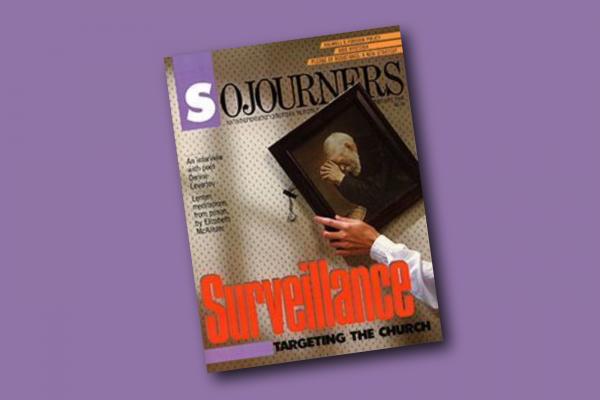IMAGINE the refugee woman as the figure who replaces the hero in our consciousness. She is the archetype of our vulnerability fleshed out in the hostage, the homeless, the poor, the prisoner, the victim of human-made and natural disasters. Her image calls us to acknowledge that we are all vulnerable. No one is secure. It tells us that the more we cling to our securities, the more we become playthings of illusion. ...
Read the Full Article

Already a subscriber? Login
